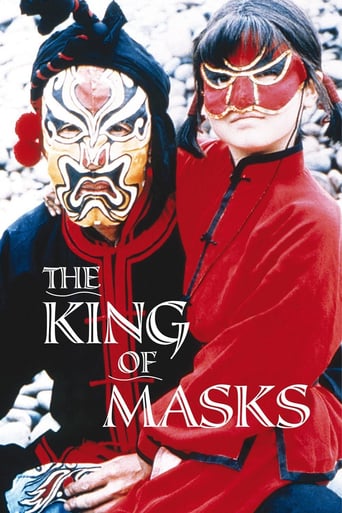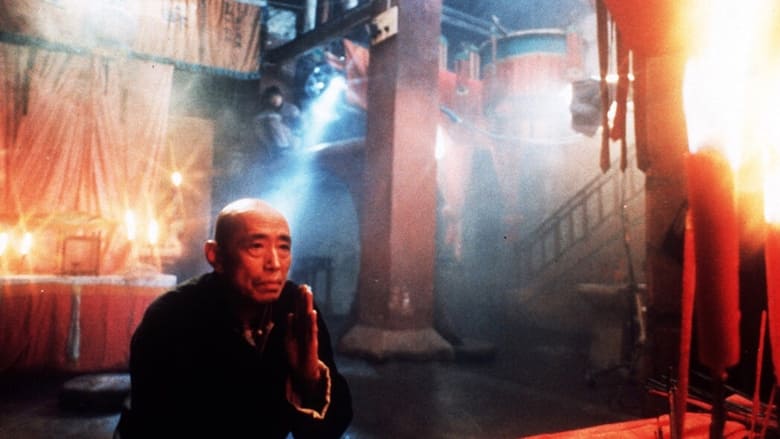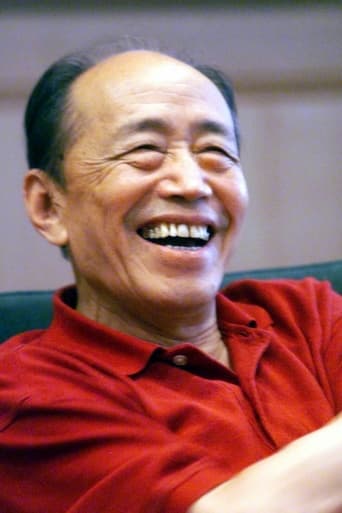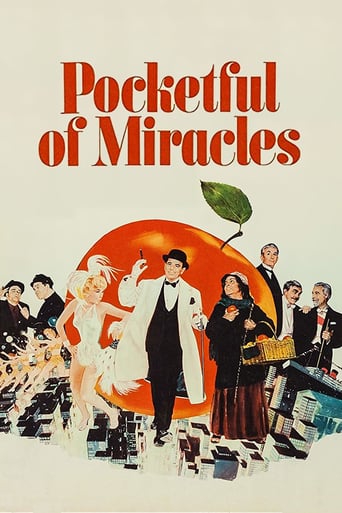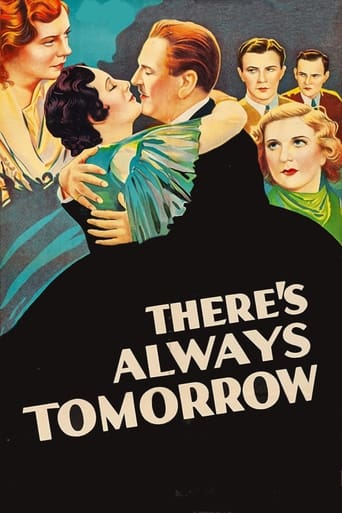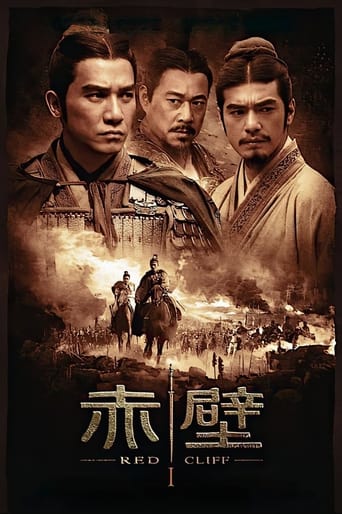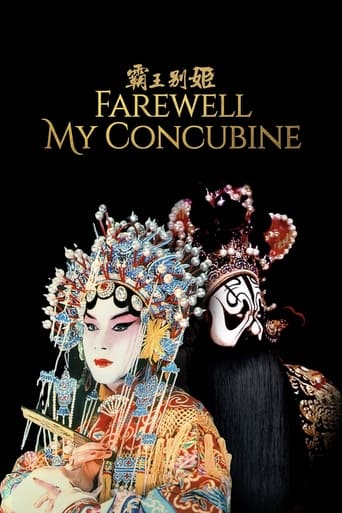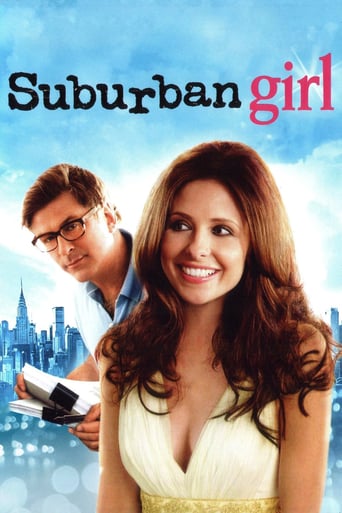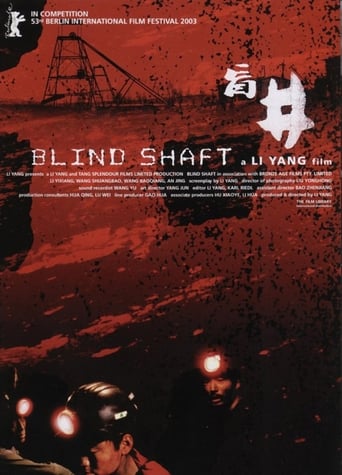The King of Masks (1995)
Wang Bianlian is an aging street performer known as the King of Mask for his mastery of Sichuan Change Art in a true story. His wife left him with and infant son over 30 years ago. The son died from illness at age 10. This left Wang a melancholy loner aching for a male descendent to learn his rare and dying art.
Watch Trailer
Cast


Similar titles
Reviews
It's entirely possible that sending the audience out feeling lousy was intentional
I am only giving this movie a 1 for the great cast, though I can't imagine what any of them were thinking. This movie was horrible
The movie's neither hopeful in contrived ways, nor hopeless in different contrived ways. Somehow it manages to be wonderful
There are moments in this movie where the great movie it could've been peek out... They're fleeting, here, but they're worth savoring, and they happen often enough to make it worth your while.
http://www.imdb.com/title/tt0115669/?ref_=rvi_ttMovies aren't inferior than books. They are documents using dialogue and images from a certain era to tell a story. "The King of Masks" still breathes the Deng Xiaoping era. Even if the story is based in the early 20th century, it's obvious that the film precedes the modern China we know today. An old performer of the dying out art of mask changing is struggling through life and has no son. One day he buys himself a child in an orphanage which should one day inherit his skills and the tradition.Very intense and emotional, the story shows a time which even modern China didn't completely overcome. The plot is nice and straightforward, the images haunting and the actors performance very charming. I think I learned something about China. I recommend it strongly - it's one of the best Asian movies I have ever seen.
The theme of this film is tradition, which can be a good thing when it preserves continuity across generational lines, but harsh and restrictive when it allows no room for growth. Ironically, the skill of the "grandpa" is in surprising his audience with masks that are ever changing, yet change is the one thing he finds hardest to do. Tradition requires that his skills can only be passed down to a male heir, and hence he would sooner allow his skills to be lost than to break with that tradition. The message he ultimately has to learn is that tradition can sometimes be wrong, and that even he can be surprised by the unexpected mask.This is a Chinese film, in which we are given the Chinese perspective, but the message is universal. On another level, consider the Christian perspective. Metaphorically speaking, what if Jesus came back wearing the mask of a little girl? Would that representation be rejected on the grounds that it wasn't what they were expecting? Would they reject the mask, and thus miss the message? Or consider the Aztecs of Mexico, who fell victim to the Conquistadors, because Cortez resembled what they thought was the return of their god Quetzalcoatl? Beliefs about traditions can not only be wrong, but potentially enslaving. When we become so blinded by tradition that we can see no room for change, change may have no room for us!This is a marvelous film, which begs to be compared with "Whale Rider" (2002), having a similar theme but presented from the perspective of a New Zealand Maori tribe. They, too, had a tradition in which the mask of the leader could only be worn by a male, and when a male could not be found, would sooner the tradition die than change. The point of these stories, of course, is not the girl, but the change. There is more to value than gender. When tradition can only accept the one, it might be surprised by the other.
In the rapid economic development of 1990's in China, there is a resurgence of traditional Chinese culture, partially due to the rise of nationalism accompanied by the increase in wealth, and more importantly, due to the sense of spiritual belonging after the collapse of the old socialist ideology in the post Cultural-Revolutionary era.However, the resurgence of Chinese traditional culture, namely, the Confucianism, was not without disasters, because Chinese are adopted the entire tradition without eliminating the bad part, and the discrimination against girls demonstrated in this film is an excellent example.Moreover, not only the part that should be discarded were inherited, the good part that was supposed to be inherited, such as the traditional opera, and its technique, such as changing face, was ignored in the resurgence, and facing extinction.The director used this film to criticize the problem of re-embracing tradition by contemporary China and this is the deeper meaning behind the movie.
This spectacular film is one of the most amazing movies I have ever seen. It shows a China I had never seen or imagined, and I believe it shows 1930's China in the most REAL light ever seen in a movie. It is absolutely heart-breaking in so many situations, seeing how hard life was for the characters, and yet the story and the ending are incredibly joyful. You truly see the depths and heigths of human existence in this film. The actors are all perfect, such that you feel like you have really entered a different world. I simply can not recommend this movie highly enough. It may just change you forever once you have seen it.

